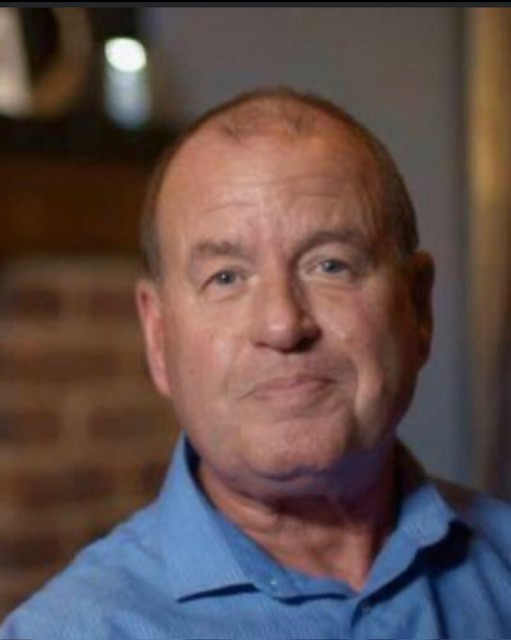
Cancer-detecting ‘pill on a string’ to be offered to more patients after successful pilot
A grandfather who was one of the first east Kent patients to try a small ‘pill on a string’ device that can detect cancer says he would recommend it to anyone.
Retired industrial electrician Bob Ayling, from Dover, previously had to undergo an endoscopy, a procedure where a thin flexible tube with a camera inside was passed through his mouth and down his throat to his stomach. Samples of cells were collected at the same time.
But the capsule sponge test, used by clinicians at East Kent Hospitals, involved swallowing a small capsule attached to a thread instead. The capsule dissolves, revealing a small sponge device which collects cells as it is pulled back up through the mouth.
The device was tested during a three-year pilot, funded by NHS England and the Kent and Medway Cancer Alliance, and results proved positive, meaning it could be rolled out to other sites across the county in the future.
Mr Ayling, 67, said: “I was offered the chance to be a part of the pilot, so I was a bit like a guinea pig for the team as they tested it out to see what people thought.
“Compared to the gastroscopy procedure, I would take this every single day.
“The capsule is about the size of a painkiller and you swallow it with water, keeping hold of the other end of the thread so you don’t swallow the whole thing.
“It dissolves in a few minutes to release the sponge, which is about the size of a two-pence piece, and then you pull it out. It is a strange feeling as it comes up, but it is not uncomfortable and there is no gagging.”
The device is used for patients suffering gastric issues such as reflux, heartburn and indigestion, and makes it easier to detect any underlying issue that could lead to cancer.
Mr Ayling – who won series three of Channel 4’s Hunted programme in 2018 with his son Alex - was offered it after being diagnosed with Barrett’s oesophagus, a condition where cells develop abnormally, after experiencing reflux and a hiatus hernia.
He said: “I would say to anyone who is offered the chance to try the capsule sponge test to go for it – you can’t even compare it to the gastroscopy.
“With the capsule sponge test you can just carry on with your day immediately; I was back at work within half an hour.
“There are two or three seconds of a tickling feeling as it comes back up your windpipe but no retching or anything else that you might have with the camera.
“The team are absolutely fantastic in explaining it and I have no hesitation whatsoever in recommending it to anyone.”
Dr Ioannis Bollas, lead clinician for the pilot, said there were many benefits for patients.
He said: “During the three-year pilot, the Trust has played a pivotal role in contributing key data and offered valuable insights into the performance of the capsule sponge test.
“Its minimally invasive nature, accessibility, early detection capabilities, positive patient experience and efficacy make it a valuable tool in the fight against cancer.
“Being part of research such as this helps offer patients hope for a future where early detection leads to better outcomes, improved quality of life, and ultimately can help save lives.”
Ian Vousden, director of the Kent and Medway Cancer Alliance, said: “We have been delighted to work with East Kent Hospitals to pilot this innovative diagnostic test – one which given the initial results of the pilot we would be looking to roll out to other sites across Kent and Medway in the near future.”